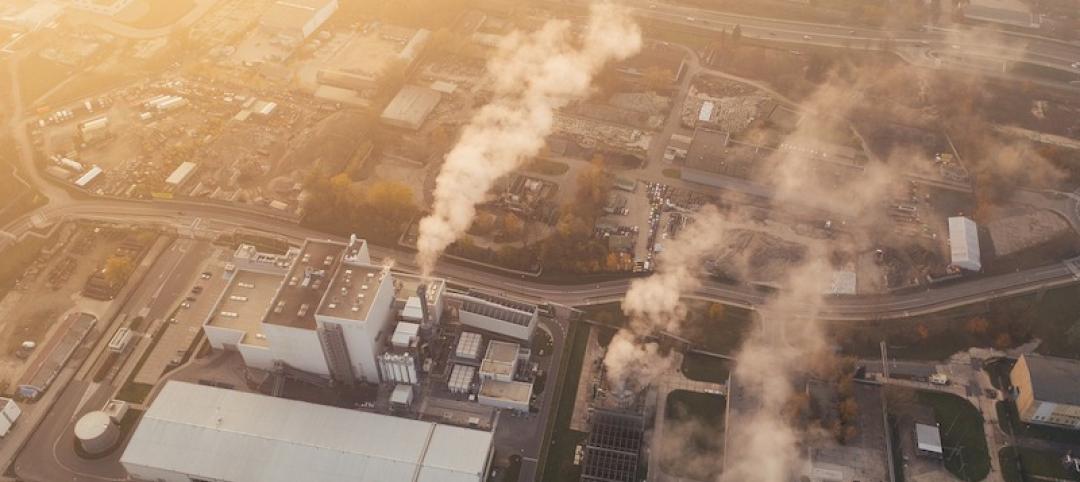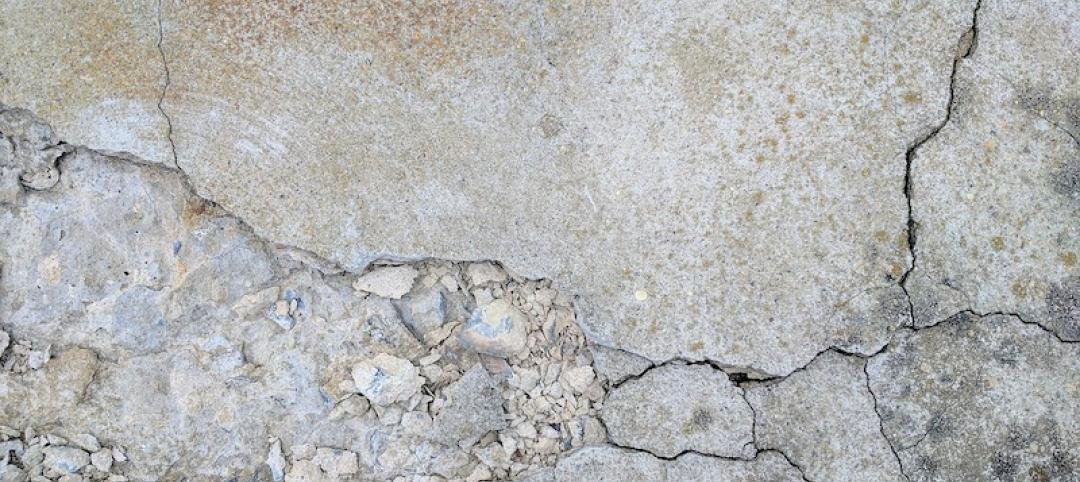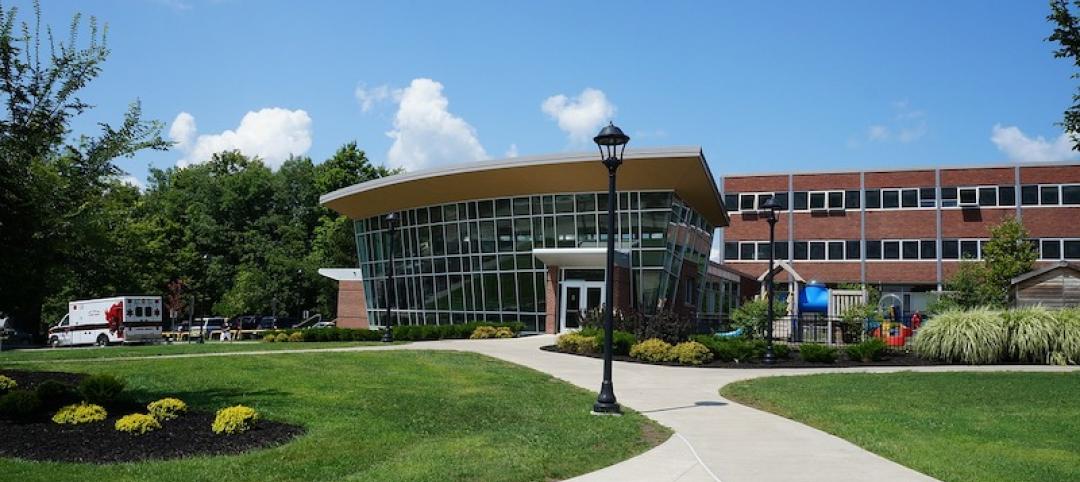A new version of ASTM E1527 standard for Phase 1 Environmental Site Assessments is expected to be completed this year.
The new standard would affect about 250,000 commercial real estate deals a year. One of the proposed changes could be interpreted to require the same level of historical research of adjoining properties as is done for the subject property. The assessment, in such a case, would require additional historical research to fill in data gaps for certain adjoining properties, which could increase the scope and cost of some reports and potentially delay transactions.
Other proposed changes add PFAS and other emerging contaminants to the list of “non-scope issues,” raising awareness of the issue that some may want to evaluate as is commonly done with asbestos and mold. The draft new standard aims to call more attention to significant data gaps, a substantial piece of information that wasn’t feasible to obtain given time or budget constraints.
Data gaps would be assessed as to whether they materially affect the environmental professional’s ability to identify Recognized Environmental Conditions (RECs). The ASTM committee will continue to discuss, refine, and vote on proposed changes and has a goal of releasing the new standard by the end of the year.
Related Stories
Codes and Standards | Sep 2, 2020
California releases guide for state water policy
Water Resilience Portfolio is roadmap for meeting water needs as climate changes.
Codes and Standards | Aug 31, 2020
Fenestration alliance updates fenestration sealants guide
First update to 2009 document.
Codes and Standards | Aug 25, 2020
Platform will allow researchers to test energy system integration at scale
The U.S. Department of Energy’s (DOE’s) National Renewable Energy Laboratory (NREL) recently launched the Advanced Research on Integrated Energy Systems (ARIES) platform.
Codes and Standards | Aug 20, 2020
Wariness of elevators may stymie office reopening
Workers could balk at returning to high-rises.
Codes and Standards | Aug 19, 2020
Existing laws may be restricting efforts to cut carbon emissions
Outdated policies favor fossil fuels.
Codes and Standards | Aug 18, 2020
Florida becomes the third state to adopt concrete repair code
Sets minimum requirements for design, construction, repair of concrete structural elements in buildings.
Codes and Standards | Aug 17, 2020
ASCE seeks comments on seismic standard
Pertains to design criteria for nuclear facilities.
Codes and Standards | Aug 13, 2020
COVID-19 reboot guide offers strategies for reopening K-12 schools
Looks at space considerations for reopening at different scales.
Codes and Standards | Aug 12, 2020
Document provides guidance for mass timber construction
Overview of Intl. Building Code requirements included.
Codes and Standards | Aug 11, 2020
Inefficient air conditioning is a key contributor to global warming
More efficient equipment and buildings could make a big difference.

















